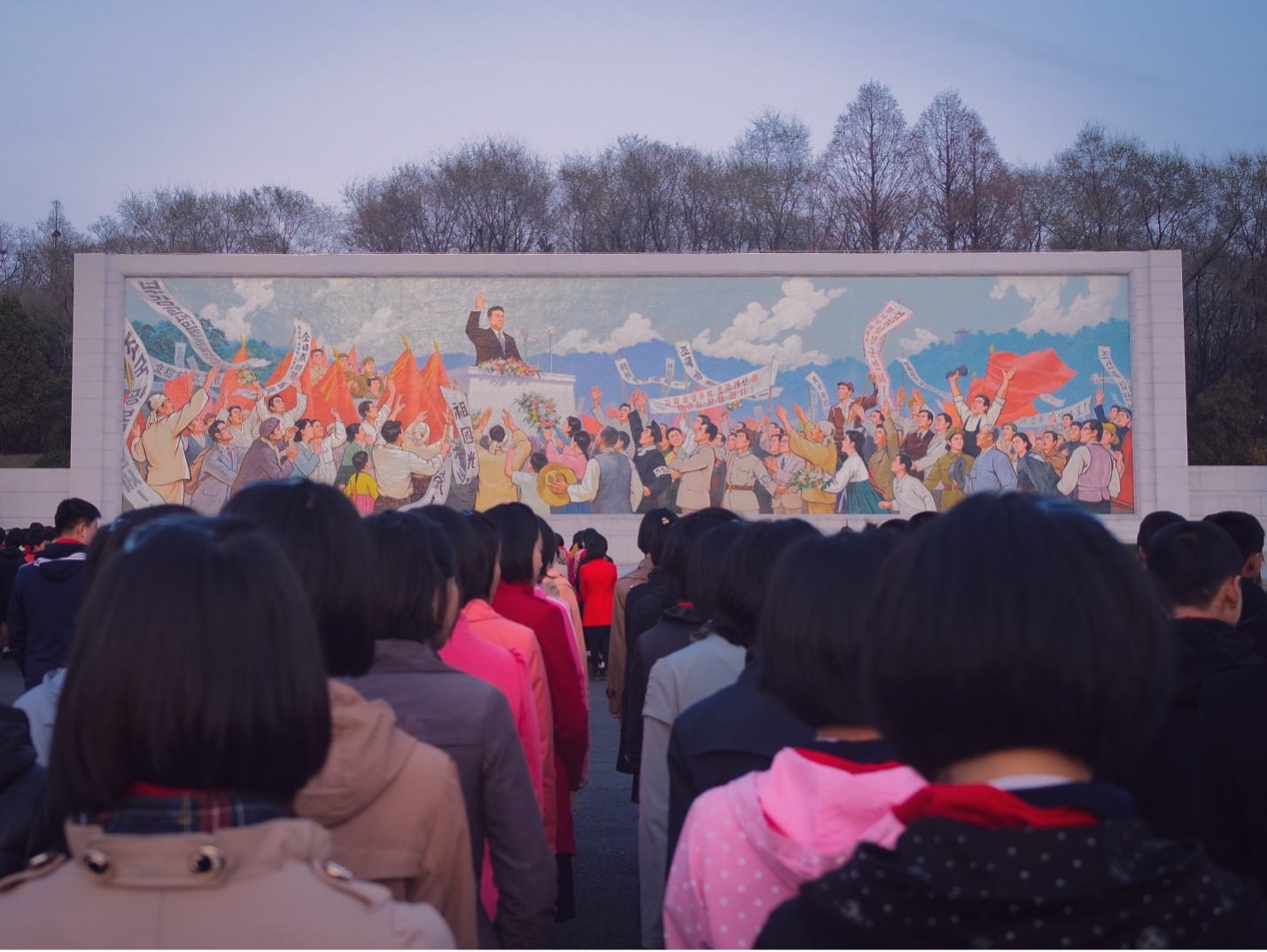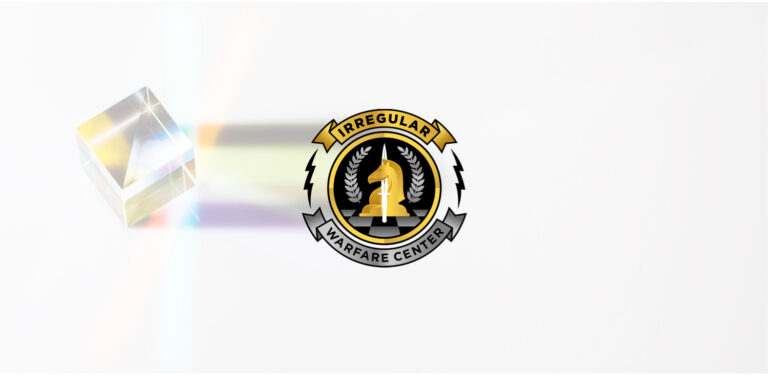North Korea’s mafia state is a persistent threat to the U.S. homeland that, if left unaddressed, will metastasize and ultimately drain resources from confronting the pacing threat of China. Recent technological developments, such as its first solid-fueled intercontinental ballistic missile test in April after an unprecedented 68 missile tests in 2022 (ten times more than in 2021), underscore the increasing danger. Past attempts to restrain North Korea’s nuclear ambitions, like President Obama’s “strategic patience” and President Trump’s “maximum pressure” campaigns, have failed. It is time for a new approach—one that prioritizes the information instrument of power to support integrated deterrence and set conditions for eventual regime transition and denuclearization.




